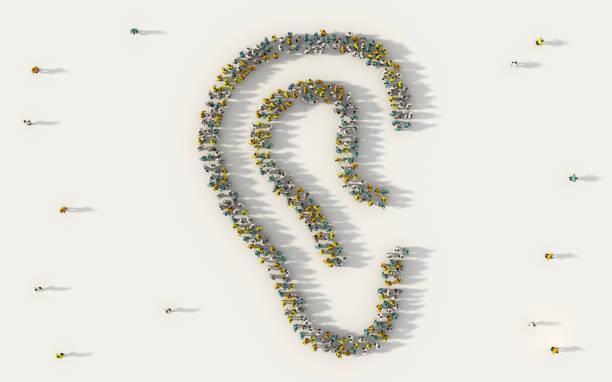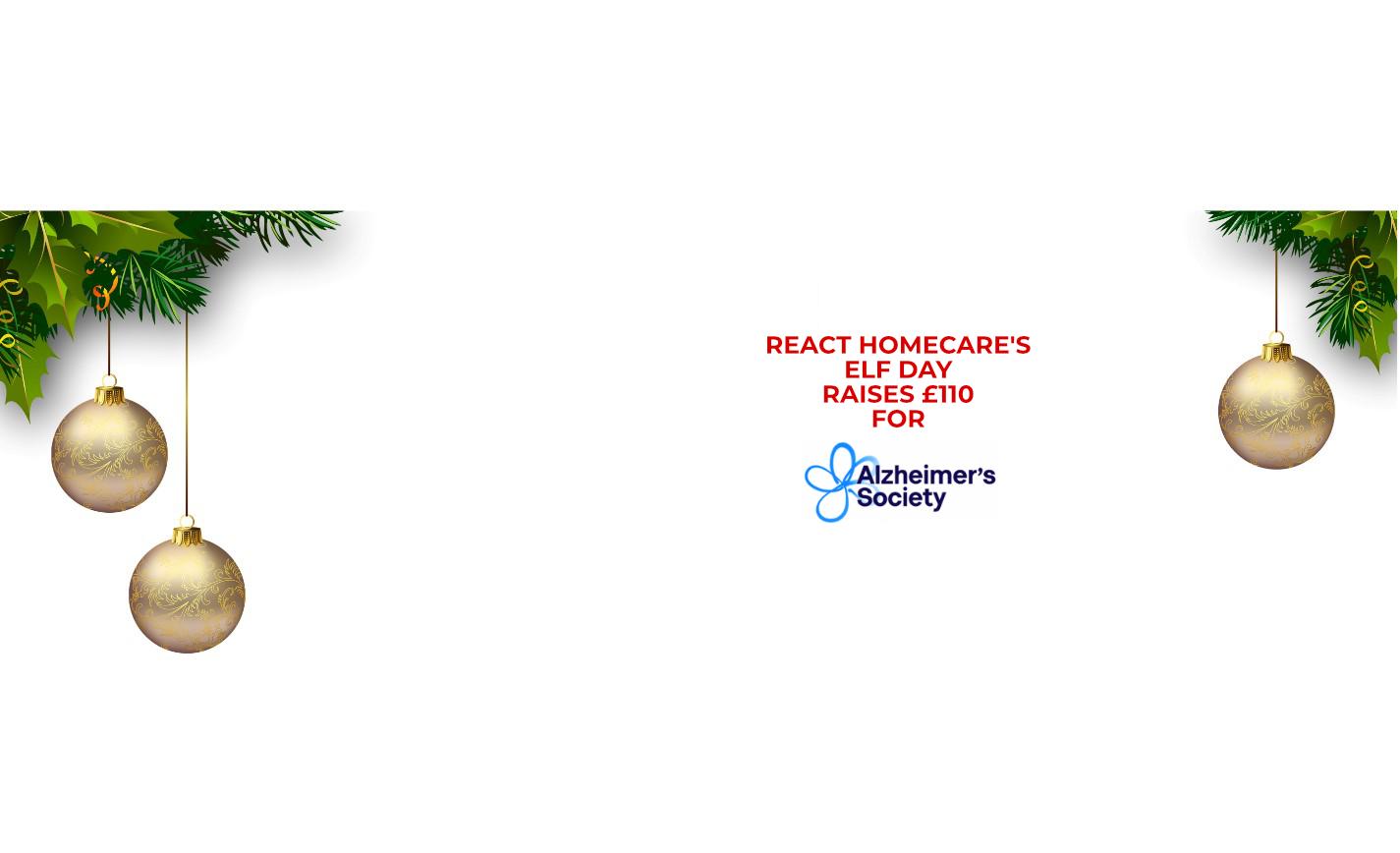One in five adults in the UK is deaf or has hearing loss, meaning 12 million people in the UK are affected. The communication struggles caused by deafness can result in feelings of frustration, loneliness, and isolation.
Deaf Awareness Week, from 2nd – 8th May this year, is an opportunity to celebrate deafness, highlighting the isolation that deaf people can experience in order to tackle this discrimination and promote social inclusion for the deaf community.
The deaf community includes those who have been deaf all their lives, those who have become deaf, those who suffer from hearing difficulties, and those who have deaf friends and family. They share experiences of deafness or want to support those who have.
Being treated as equals without being seen as someone with a ‘disability’ is a key factor in the deaf community, and we should ensure that we treat them with the respect and acknowledgment they desire.
Many of the challenges that deaf people experience can go unseen and unnoticed, so this year’s Deaf Awareness Week is focusing on ‘Inclusion Deafness’. It strives to:
- Highlight the impact of hearing loss on everyday life
- Raise awareness for the importance of mental health for deaf people
- Increase inclusion for underrepresented groups
- Fight issues where deafness is overlooked in education and the workplace
The lack of empathy and understanding around deafness, as well as the barriers to work, travel, socialising, and communication, can affect the mental well-being and self-esteem of deaf people. In order to support the deaf community, we can learn about the struggles they face, their methods of communication, and further ways in which they would like to feel more included.
For example, did you know there are several different methods of communication in the deaf community? They are listening and speaking, lip-reading, British Sign Language (BSL), Sign Supported English (SSE), Signed English (SE), fingerspelling, Makaton. Read more about these methods here.
In the workplace, ensuring that measures are taken to include those with hearing difficulties is important. Before meetings, check if anyone needs communication support. Then, let them know who will be speaking in the meeting so they know who to look for with lip reading and sign language. Ensure your head is turned towards them when speaking and try not to cover your mouth.
With the increase of video call meetings, take care when muting yourself – keep muted when you don’t need to speak to prevent any unnecessary noise confusion. Turn your camera on so that people can lip read and sit still and close to the camera without any blurred effects on. Use visual cues where possible, such as raising your hand before you’re about to speak so people know where to look.
Additional tips for supporting the deaf community from Healthy Hearing are as follows:
- Rephrase rather than repeat what you said – choose different words that are easier to hear
- Move to a different environment—one with less background noise or better lighting
- Use simple sentences rather than complex ones which can be hard to follow
- Make sure to speak clearly and slowly and at a natural volume
- Try an assistive listening device, like a personal amplifier
- Don’t get frustrated and say, “Never mind, it’s not important.” This can make a person with hearing loss feel worse
- Patience goes a long way. Do your best to laugh off any miscommunications
Deaf Awareness Week is the perfect opportunity to read more about the deaf community and the struggles they face, as well as the ways in which we can help and support them. You can read more about deafness and inclusion on The Royal National Institute for Deaf People’s (RNID) website and more about Deaf Awareness Week here.




